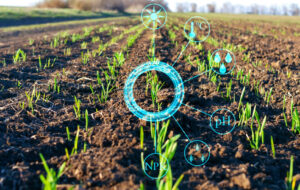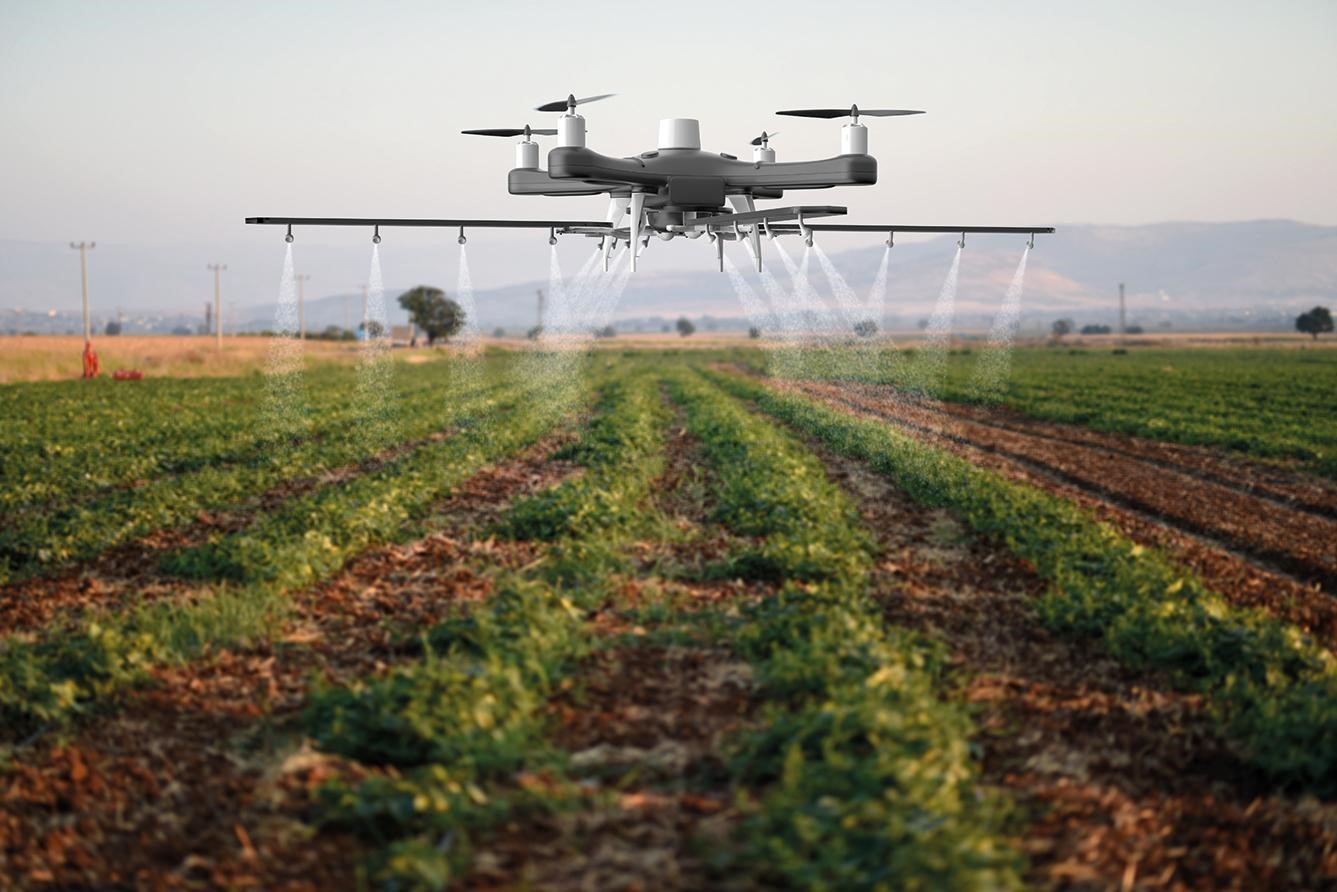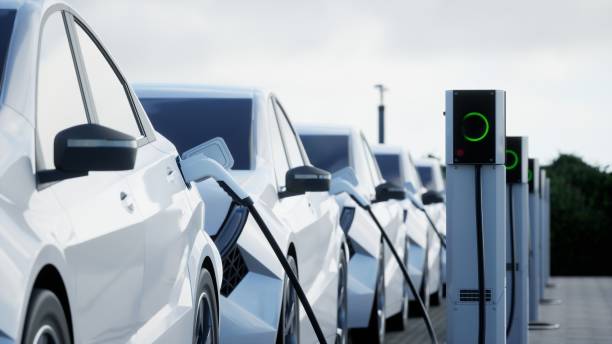Farming has always been a labor-intensive and time-consuming process, requiring farmers to manage a complex array of tasks and challenges in order to produce crops and livestock efficiently. But with the advent of Artificial Intelligence (AI), the role of the farmer is changing. AI can now be used to automate many of the tasks involved in farming, from monitoring crops and livestock to managing irrigation and predicting maintenance needs.
With the use of AI, the agriculture sector is projected to grow from $1.7 billion in 2023 to $4.7 billion in 2028. It is expected to grow at a compound annual growth rate (CAGR) of 23.1% from 2023 to 2028 according to a new report by MarketsandMarkets.
Join our WhatsApp ChannelREAD ALSO: AI vs Search Engines: Competing For Better Search Results
In this article, we will explore the ways in which AI is transforming agriculture, and how it can help to make farming more efficient, productive, and sustainable for African farmers. Below are five ways AI can run your farm:
Precision Agriculture
One of the key ways in which AI is being used in farming is through precision agriculture. Precision agriculture involves using data and technology to optimize crop yields and reduce waste. AI can be used to analyze data from sensors, drones, and other sources, to identify patterns and trends in crop growth and soil health. These data can then be used to make informed decisions about planting, fertilizing, and harvesting, resulting in higher yields and lower costs.
Livestock Monitoring
Another area where AI is making a big impact in livestock monitoring. Livestock monitoring is critical for ensuring the health and well-being of animals, and for maximizing their productivity. However, it can be difficult for farmers to monitor large herds of animals on a constant basis. AI-powered systems can help by using sensors and cameras to monitor livestock and identify potential health problems, such as disease or injury. This can allow farmers to take corrective action before the problem becomes more serious and can help to prevent the spread of disease among animals.

Crop Monitoring
In addition to livestock monitoring, AI is also being used to monitor crops. Crop monitoring is important for identifying issues such as pests, diseases, and nutrient deficiencies, which can all impact crop yields. AI can be used to analyze data from sensors and other sources, to detect patterns in crop growth and identify potential issues. This can help farmers to make informed decisions about when to plant, irrigate, and harvest, resulting in healthier and more productive crops.
Irrigation Management
Efficient irrigation management is critical for ensuring that crops receive the right amount of water at the right time. However, managing irrigation can be challenging, particularly in areas with unpredictable weather patterns or limited water resources. AI-powered systems can help by using data from sensors and weather forecasts to optimize irrigation schedules and reduce water waste. This can help farmers to conserve water and improve crop yields, while also reducing the environmental impact of farming.
Predictive Maintenance
AI is also being used in farming to predict maintenance needs and prevent equipment failures. Predictive maintenance involves using data from sensors and other sources to identify potential problems before they occur. AI can be used to analyze this data and identify patterns that may indicate an impending equipment failure. This can allow farmers to take corrective action before the equipment breaks down, resulting in less downtime and lower repair costs.
Conclusion
In conclusion, AI is transforming agriculture in a variety of ways. From precision agriculture to livestock monitoring, crop monitoring, irrigation management, and predictive maintenance, AI is helping farmers to work more efficiently, sustainably, and profitably. As AI continues to evolve and become more sophisticated, it is likely that we will see even more innovations in the field of agriculture. By harnessing the power of AI, farmers can improve their yields, reduce their environmental impact, and ensure that they are producing food in a sustainable and responsible way.

















Follow Us